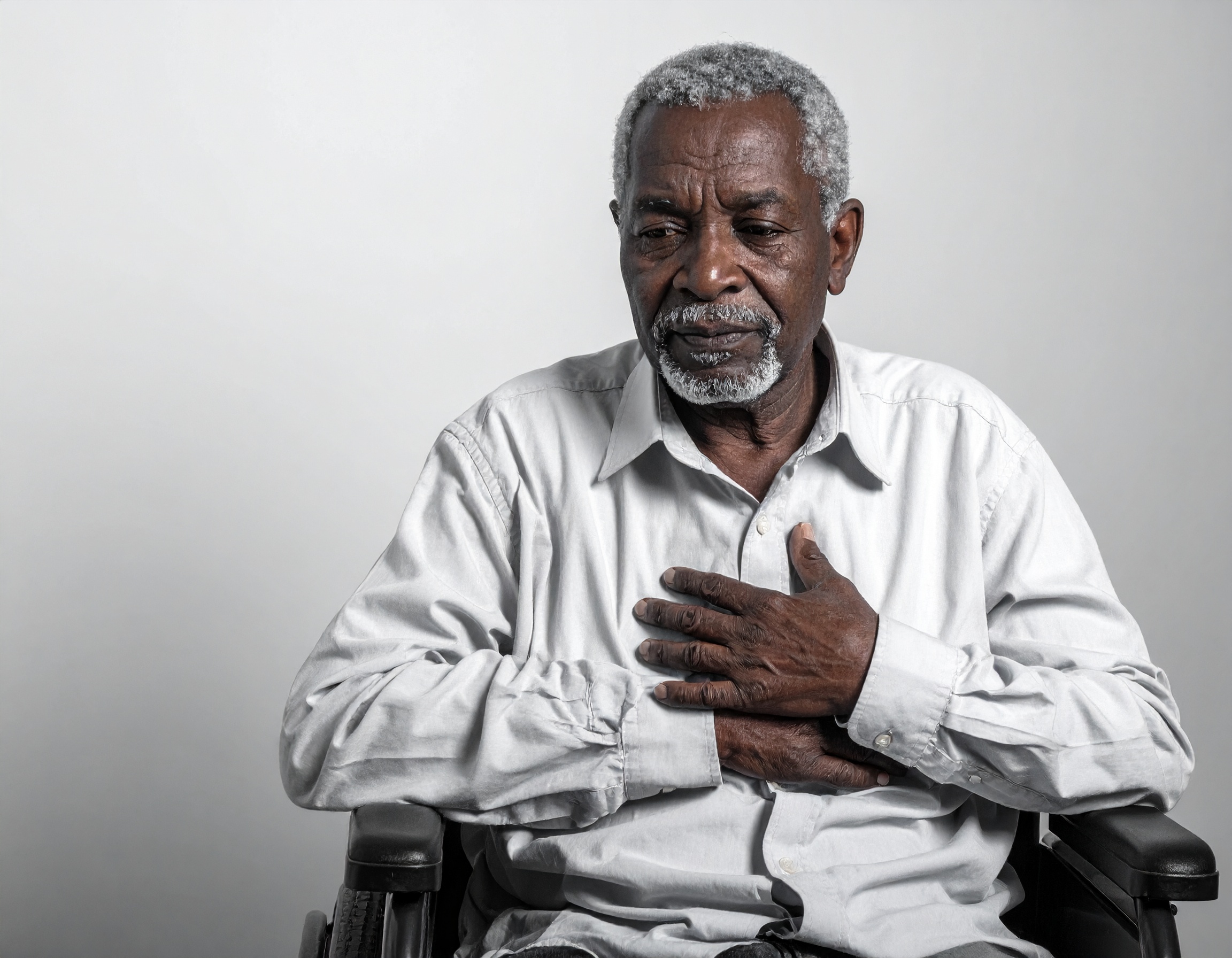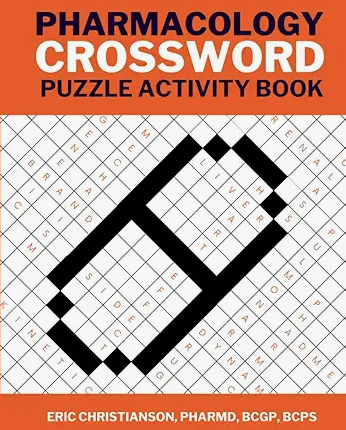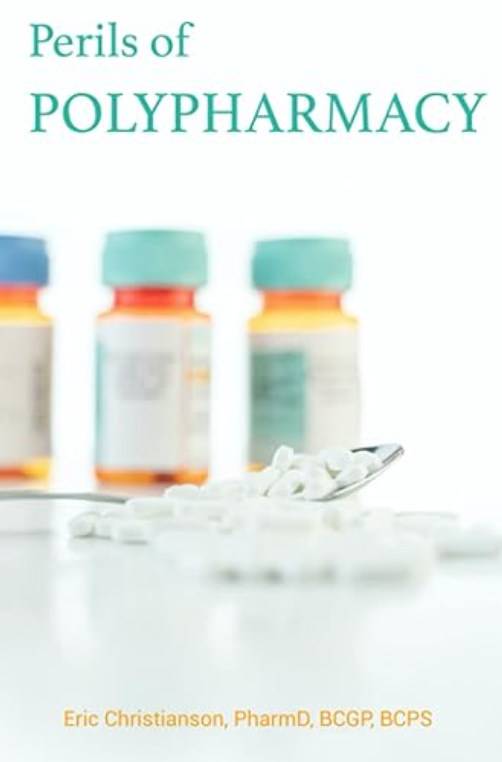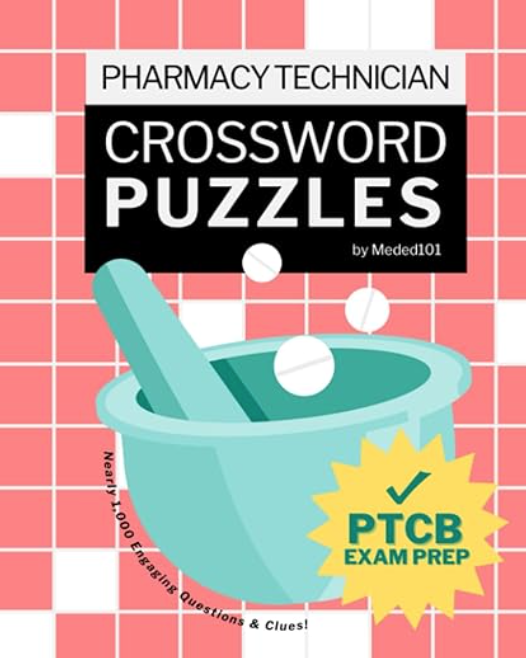I was asked a question the other day about trying to reduce medications in a patient on hospice. More specifically, how to address the use of PPIs. Proton pump inhibitors (PPIs) are some of the most overused medications we see in clinical practice, but hospice patients present an interesting challenge. It’s not uncommon to review a medication list and find that a patient has been on a PPI for years without anyone questioning whether it’s still necessary. Hospice provides a natural time to re-evaluate therapy, reduce pill burden, and focus strictly on comfort. But is taking away a PPI in hospice going to cause more distress?
One of the first things to consider is the original indication. Many PPIs are started for reasons like short-term ulcer prophylaxis, NSAID use, or stress ulcer prevention in the hospital. If those risk factors are no longer present, the patient may no longer need acid suppression therapy. Continuing a PPI indefinitely in that situation just adds another pill without a potential meaningful benefit.
On the other hand, symptom control is a critical consideration in hospice. Patients struggling with reflux, dyspepsia, or other acid-related discomfort may feel better with ongoing PPI therapy. In these situations, the risk–benefit balance shifts in favor of continuation, since improving quality of life is the primary goal. Here are a couple of cases that may help you decide whether or not we should discontinue a PPI in a hospice patient.
Case #1 – Continuing the PPI: A 78-year-old patient with metastatic lung cancer is admitted to hospice. The medication list includes omeprazole 40 mg daily, originally started years ago for GERD. The patient still reports significant reflux symptoms when doses are missed, leading to painful regurgitation and poor appetite. In this case, continuing the PPI makes sense because the medication is actively improving quality of life.
Case #2 – Discontinuing the PPI: An 82-year-old patient with advanced CHF is admitted to hospice. The medication list includes pantoprazole 40 mg daily, started several years ago during a hospitalization for stress ulcer prophylaxis. The patient is no longer on NSAIDs or steroids, has no history of GI bleed, and does not complain of reflux or dyspepsia. In this scenario, it would be reasonable to consider discontinuing the PPI. If I am going to recommend doing this, I would recommend tapering over at least a week or two. When deprescribing, rebound acid hypersecretion is a potential issue. For this reason, I do like the idea of tapering (i.e., reducing the dose to every other day for a specified period). Ultimately, if there’s no clear benefit or ongoing indication, stopping the PPI in a hospice patient is a strong consideration to simplify care.
- 30 medication mistakes PDF
- 18+ Page Drug Interaction PDF
- 10 Commandments of Polypharmacy Webinar based on my experiences in clinical practice









0 Comments